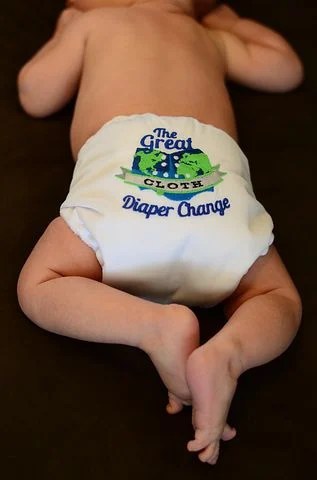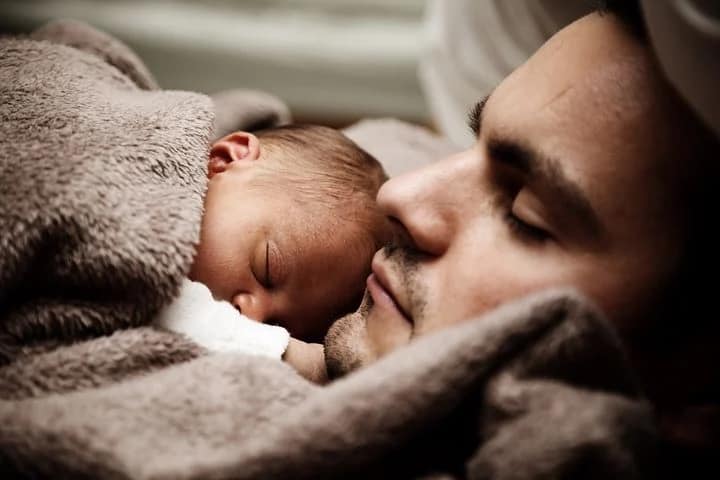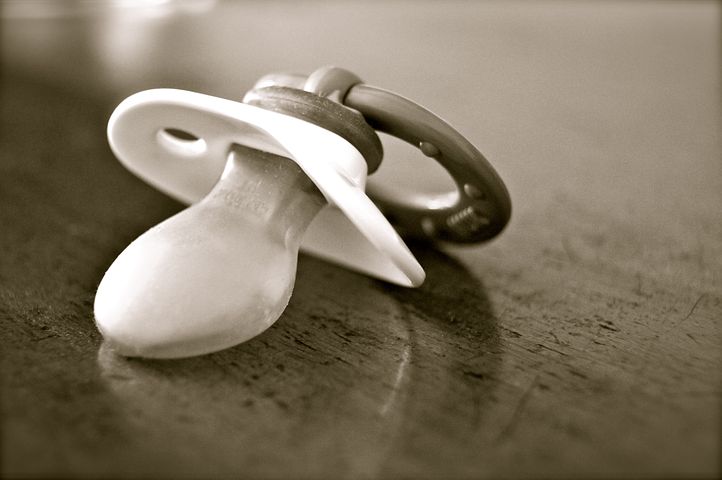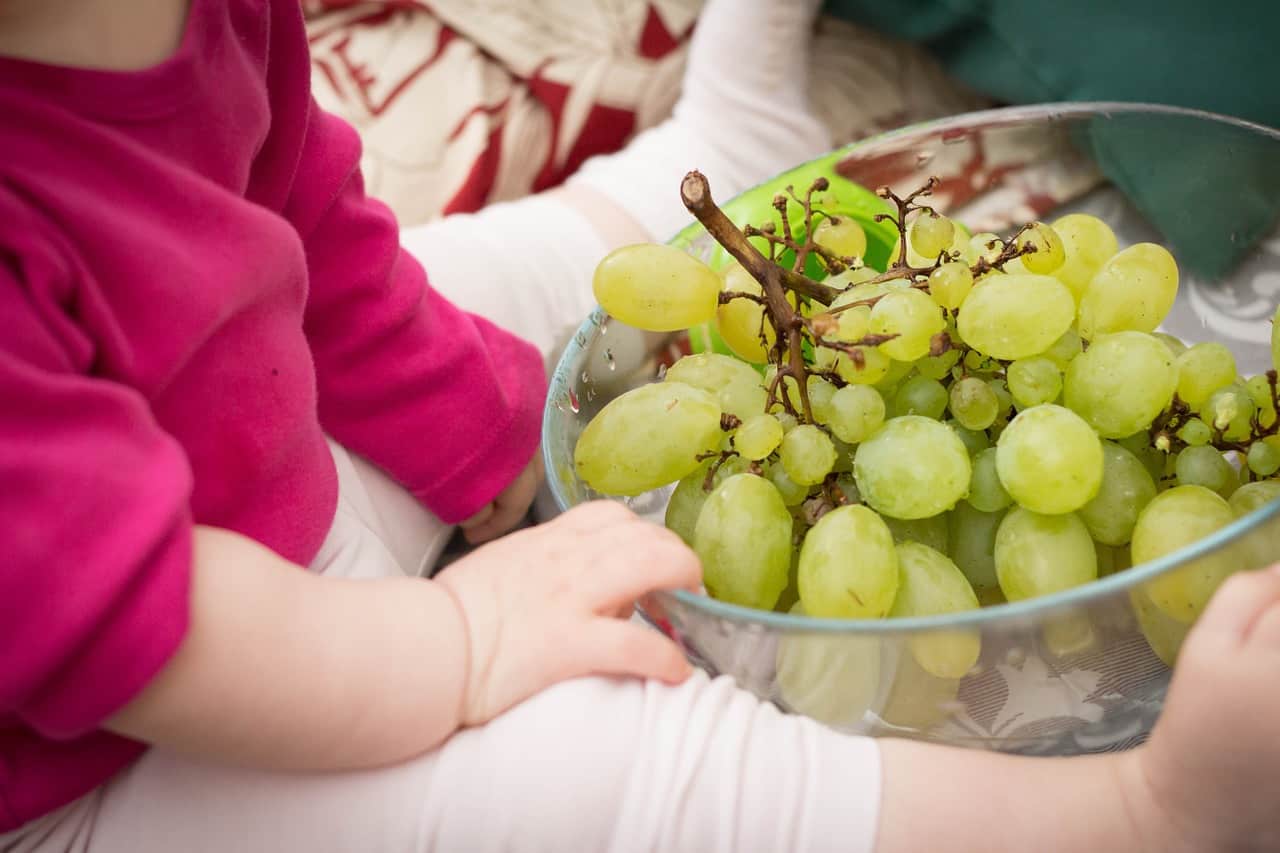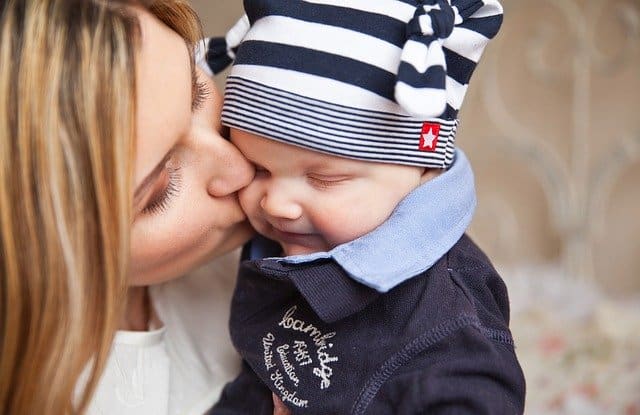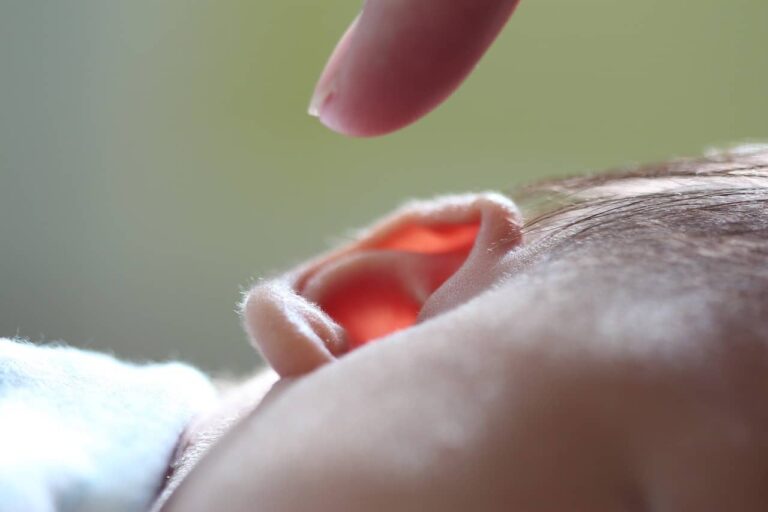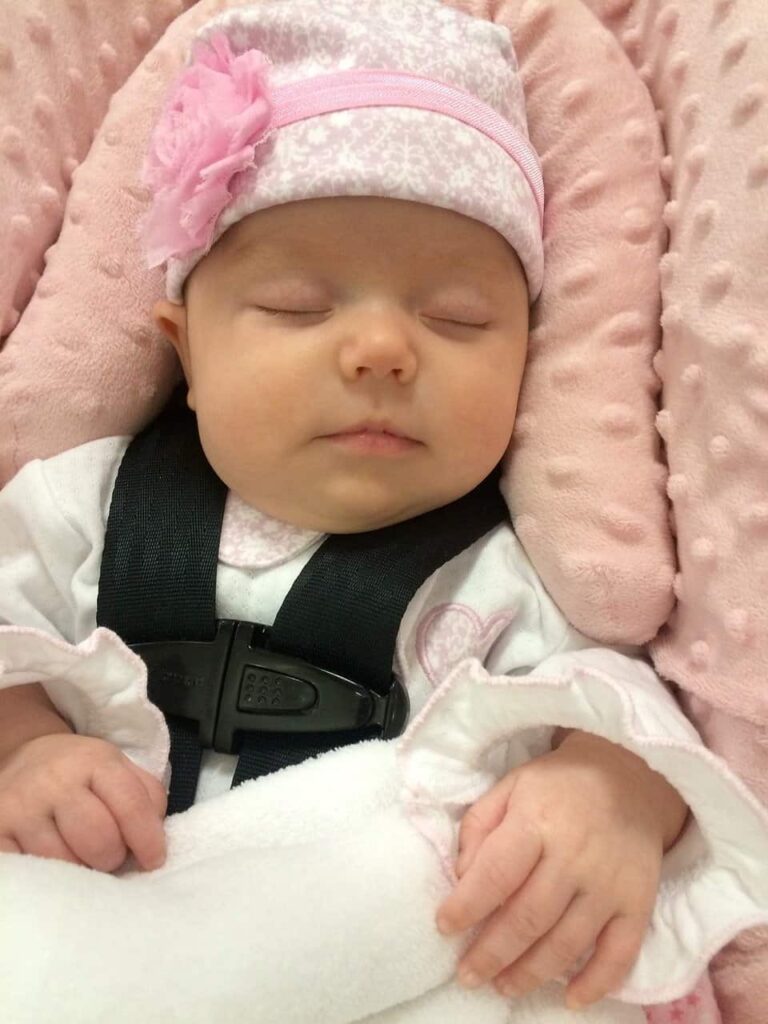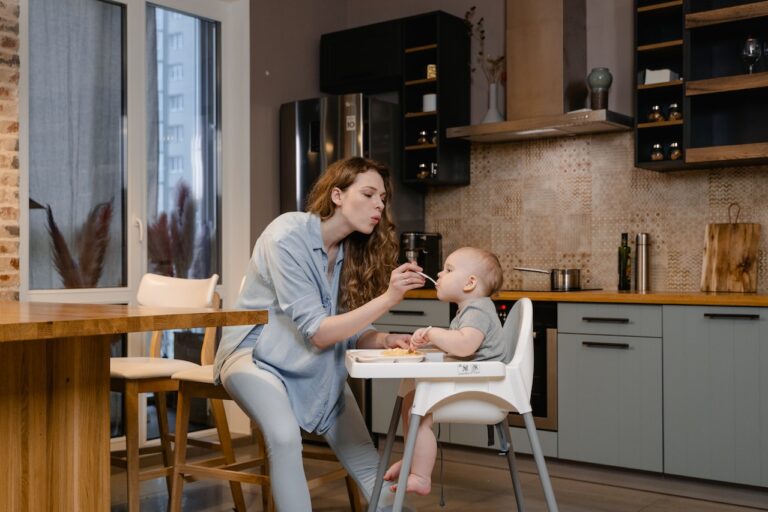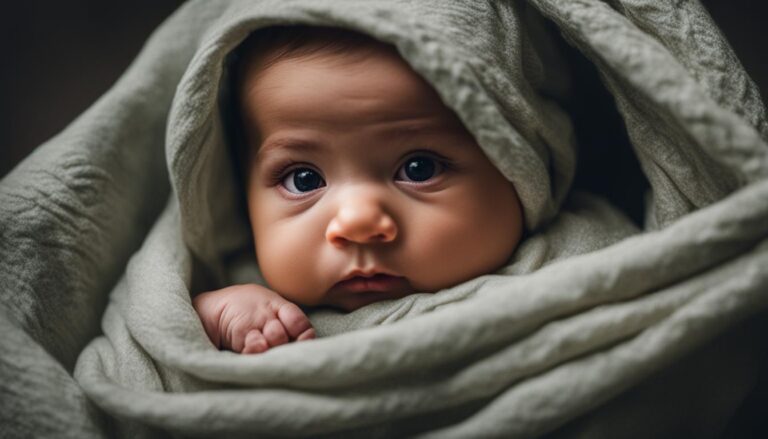When Do Babies Stop Using Diapers – Everything You Need to Know
So, when do babies stop using diapers? Well, this must be in the same line with when is the right time to potty train your baby.
Understandably, most parents want to see their kids go diaper-free after using the product for a while. Besides that, no parent wishes for his or her child to stay over-dependent on diapers for a long time.
As a result, the question on when do babies stop using diapers becomes very essential. One thing is for sure, though, you shouldn’t introduce the practice of going diaper-free to your child too early.
Note that maturity is different in every child, and understanding this is the best way to start tackling this issue. Moreover, experts suggest that parents should only start potty training their child when they see inviting signals.
Therefore, this guide is here to help you, as a parent, understand the right time for your child to stop using diapers. Remember, rushing your child isn’t the right way to get them going diaper-free.
Read on…
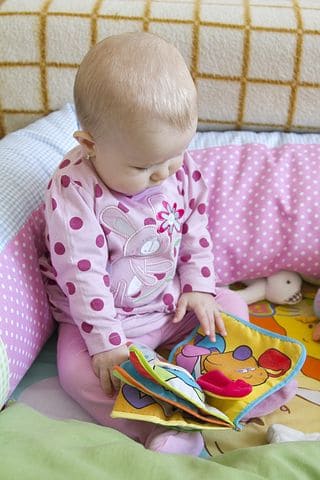
Understanding Your Child’s Development
Like explained earlier, every child develops at their own pace and time. Hence, this becomes harder to determine the standard age where a child should stop using diapers.
Additionally, early or late potty training can have some regression effects on your child. Therefore, the timing needs to be different before you think of introducing the diaper-free concept to your child.
However, some research does dictate that the appropriate time for a child to stop using diapers is between 18-24 months. While that might be truthful to some extent, it’s best to understand that age isn’t the sole deciding factor in this scenario.
This is where you need to understand your child’s readiness development by checking on the signals. Thus, the following are some of the signs that your baby might be ready to go diaper-free or start potty training.
- Able to follow instructions – When your child is able to follow through what you instruct, then this is a great readiness developmental sign. However, note that we are talking about the simple and less comprehensive instructions here.
- Staying Dry for 2 hours straight – If your child starts to stay clean and dry for 2 hours at a time, then it might be a good idea to introduce them to staying diaper-free.
- Interested with the potty – Assuming that you already have a potty in the house, your child might start showing some interest in using it. When this happens, it’s a clear signal that they want to elevate how they poop.
- Asking for a diaper change – When your child experiences maturity development, they start to understand that soiled diapers need to be changed. Therefore, they may request a diaper change once the one they are using is soiled.
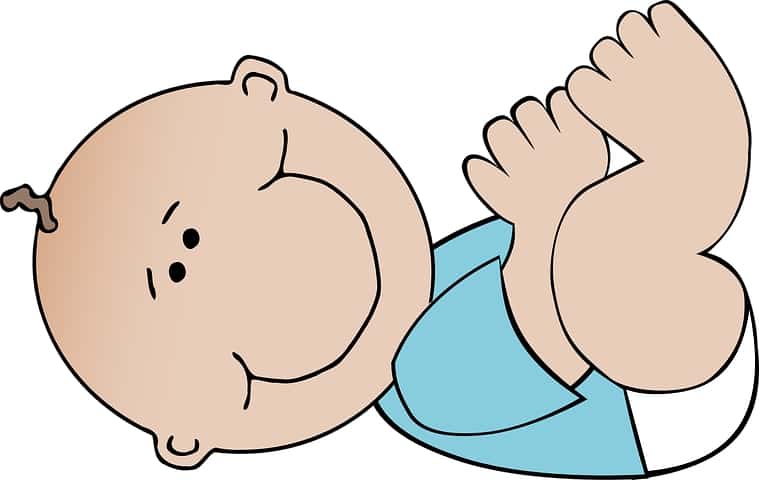
- Interested in Underwear – Your child showing an interest in wearing underwear is also another contributing signal for their readiness. At this point, they may have picked up the behavior from their surroundings and want it to be their normal.
If your child is showing some or all of the above-explained signs, then they might be ready to stop using the diapers.
What to Do If Your Child is ready to Go Diaper-Free?
- Take it Easy on Them
Patience is highly essential for any parent out there. Note that your child may not develop or mature according to your expectations.
That’s for them to decide, among other significant factors. Therefore, you shouldn’t direct your frustrations towards your child.
Stay hopeful, but give your child enough time to get into the rhythm of staying without a diaper. If you notice any readiness signs, ensure that you take it easy and lightly introduce the idea of going diaper-free to them.
Like most things in life, this too might be a trial-and-error encounter. However, do not give up on training your child but ensure you give them space to follow through naturally.
- Take Advantage of the Seasons
Seasons can also help you get more out of the diaper-free experience, assuming that your child is already showing the signs of quitting the diaper. For instance, summer is a hot season and your child may feel a bit uncomfortable wearing a diaper all the time.
As a result, the season ends up encouraging both you and them into wearing less clothes unlike other seasons. This is where you can take the advantage and make them feel more comfortable, while at the same time teaching them to stay diaper-free.
- Create a Routine/Habit
Creating routines or habits for your child to follow is a proven way of internalizing instructions. When you employ this method, it subconsciously sinks into your child’s system.
Therefore, you’ll find them doing the appropriate thing at the right time even without being supervised. Therefore, you should at least introduce your child to potty training routines whenever you notice any signs of their readiness.
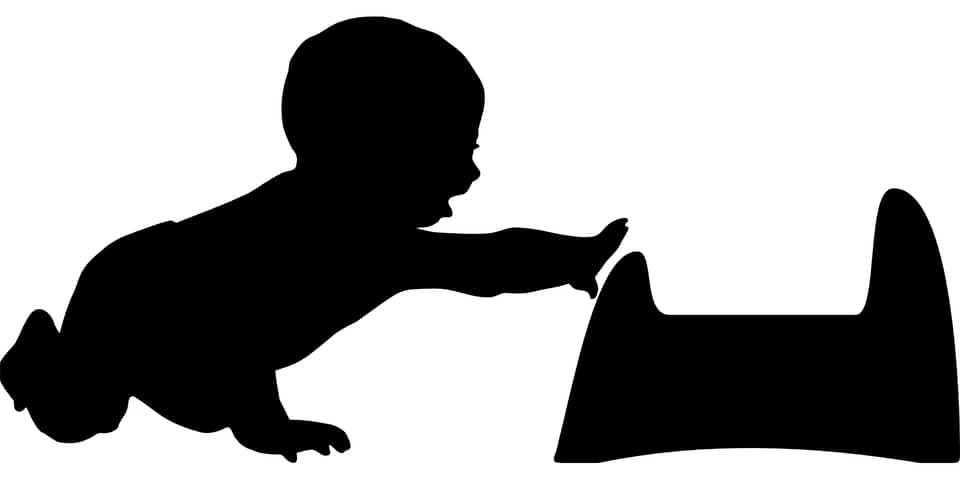
Lead by example and try sitting on the toilet whenever you are potty training your child, even if you aren’t peeing. This way, you’ll easily incorporate that habit into their system.
- Make it Fun
Once your child is ready to stay without a diaper, enforcing it might be the challenging thing to face as a parent. Therefore, the best way to enforce such training is by making the process seem fun enough to them.
This is where the communication between the parent and child comes in handy. You need to not only understand their language, but also speak it.
You can use games as a way of enforcing your potty-training routines by being as imaginative as possible. Kids love having fun at a young age, even more than following rules or instructions.
So, when you use this to your advantage, it becomes easier for them to learn how to stay clean and dry without a diaper.
What You Need to Get Started
Like any other experience, you need to have the right resources if you want to get rid of the diaper. To help you through the process, below are some of the essentials you need to introduce the diaper-free concept to your child:
Potty
This is the first and most important resource that you need if you want to get rid of the diapers. A potty is an essential tool because it will help your child grow out of the diaper, while training to pee like the grown up.
However, most potties are designed for older toddlers. Therefore, try as much as possible to find a baby potty that fits the size of your baby for a better experience.
Cloth Diapers
However absurd this might sound; cloth diapers are actually very effective in improving your child’s awareness. That’s because unlike diapers, your child will feel wet once the cloth diapers get soiled and most likely ask to be changed.
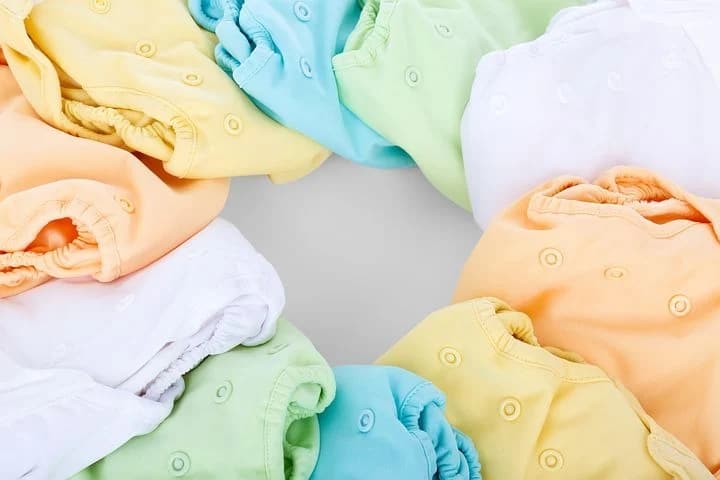
Underwear
Once your child starts going diaper-free, they will need sizable underwear to replicate the feel of a diaper. Check for the appropriate size to ensure that they do not get too squeezed or loose for your child.
Disposable Diapers
This might sound funny, but it is always a good thing to have backup diapers during this diaper-free learning process. Your child may need to wear them at night or during long trips when not in the house.
However, you can try emphasizing their use on necessary scenarios as we have mentioned above, and no place else. This is to avoid any regression habits and going back to their normal diaper routine after learning so much.
The Importance of Potty Training Your Child
Because diapers are the first accessories your child uses after birth, they become highly essential to your baby. As a result, they may end up being over dependent on the product instead of using their instincts.
Therefore, it can become tough to get them to stop using this resource, especially if you try implementing the idea at the wrong time. Nevertheless, as they start showing signs of quitting the diaper, the easier it becomes to enforce that idea.
At that stage, children are more aware of their bodily functions. Therefore, they can easily learn the best way to react based on their instincts and observations, including potty training lessons.
Potty training is very essential in your child’s social, mental, and emotional development. To them, they might feel like they’ve lost an important item (the diaper) but they later feel a sense of freedom.
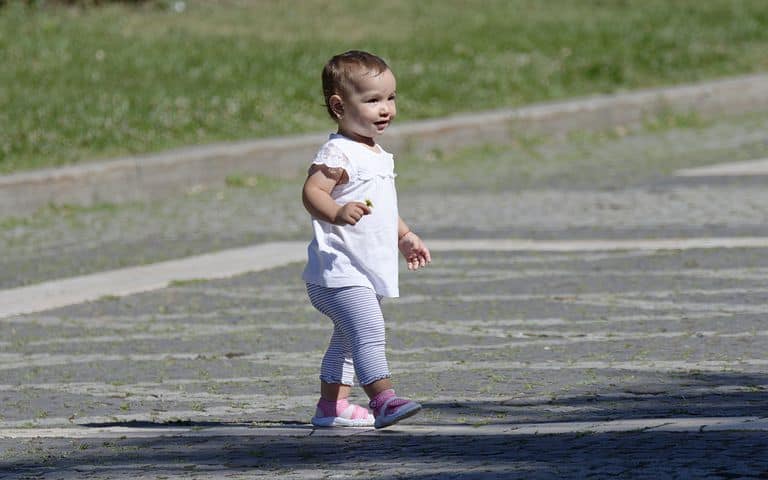
It’s one of the best ways for your child to learn about change and adapt to whatever comes their way. With potty training, your child will also learn that they are grown enough to control their bodily functions, mentally and physically as well.
At What Age Should a Child be Fully Potty Trained?
Whether mentally, physically, or emotionally, any development in your child is an always-evolving process. Therefore, you should not make any changes before thinking about the implications they could have on your baby.
Understandably, all parents want to see their child grow and develop from their previous stage. However, most may end up pushing the buttons too much to the point of hurting their child without even knowing.
Enforcing potty training on your child at the wrong time might easily cause them social and emotional difficulties. Moreover, it’s apparent that no parent wants to see their child struggle with anything going forward.
Therefore, you need to understand the best time to introduce potty training to your child for better results on both ends. It helps you avoid any negative implications on your child regarding any area.
So, when is the right time to begin potty training your child?
Evidently, the best time to start potty training your child is between 18-24 months.
This is assuming that your child doesn’t have any medical problems that might be affecting them. Things such as psychological or biological issues might offer more difficulty to both you and your child during the training process.
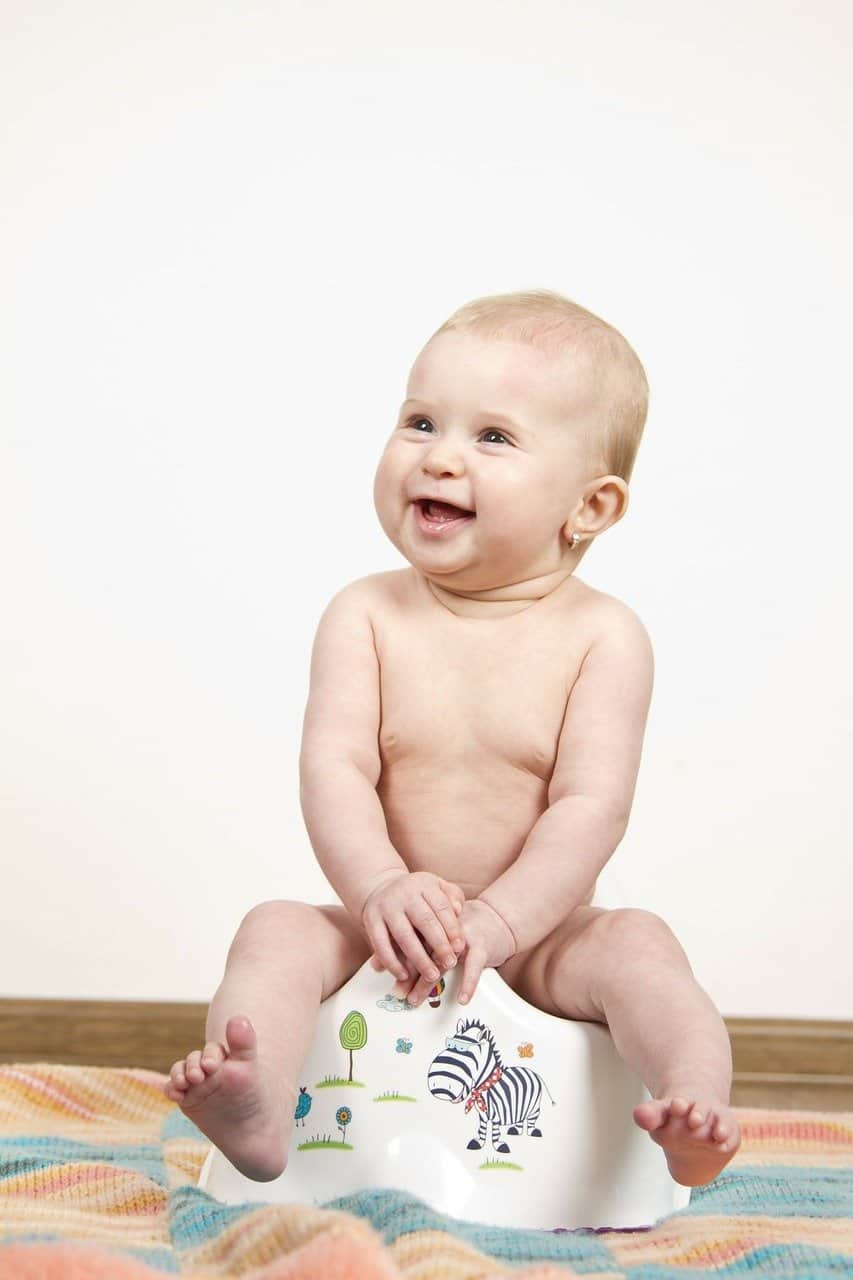
Between the ages of 18-24 months, most children have reached their neurological maturity. That’s the stage where they can effectively attempt to control themselves.
During that age range, your child can easily tell if their diaper is wet or not. And if it’s wet and they feel uncomfortable, they can easily ask for a change.
This is the same stage where most children also want to imitate their parent’s bathroom routines. It’s the best time to potty train them and achieve significantly effective results during the whole process.
Points to Note
As explained earlier, you should allow this process to happen naturally and not force your child into potty training. Moreover, don’t delay to begin potty training your child as soon as they start showing the readiness signs.
Any delays might cause your child to be more over dependent on the diapers, which is something you don’t want as they grow older. You need to act quickly but not forcefully to start the training at the right time and with the right approach.
Conclusion
In conclusion, the question on when babies stop using diapers is very broad and requires in depth understanding. Fortunately, this guide is here to help you achieve this and more concerning the topic.
As you have seen, most children are expected to stop using the diapers when they are at least 2 years old. However, age isn’t the only factor that affects this process.
Children develop and mature differently based on many factors such as health, environment, and even their surroundings. Therefore, it mostly depends on the parent’s observation on the readiness development their kid is showing.
Some kids can show signs of being ready to ditch the diapers as early as 18 months, while others might be wearing it until they are four years old. Whichever the case, parents should only try their best and not force the process.
Eventually, your child will embrace the idea more as time goes by depending on their pace and wits. Under no circumstances should you direct your frustrations to their progress during this period.
It might end up hurting them more than you would think. Just be patient and trust the process, while doing your best.

